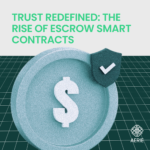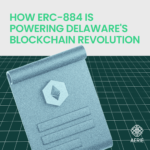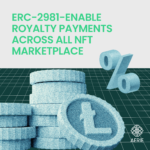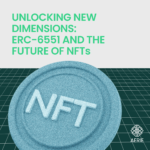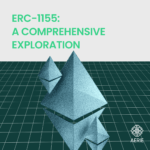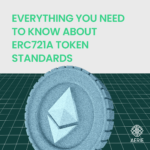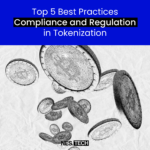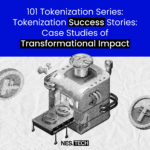Exploring the Surge of DAOs in 2023: A New Era of Collaborative Governance
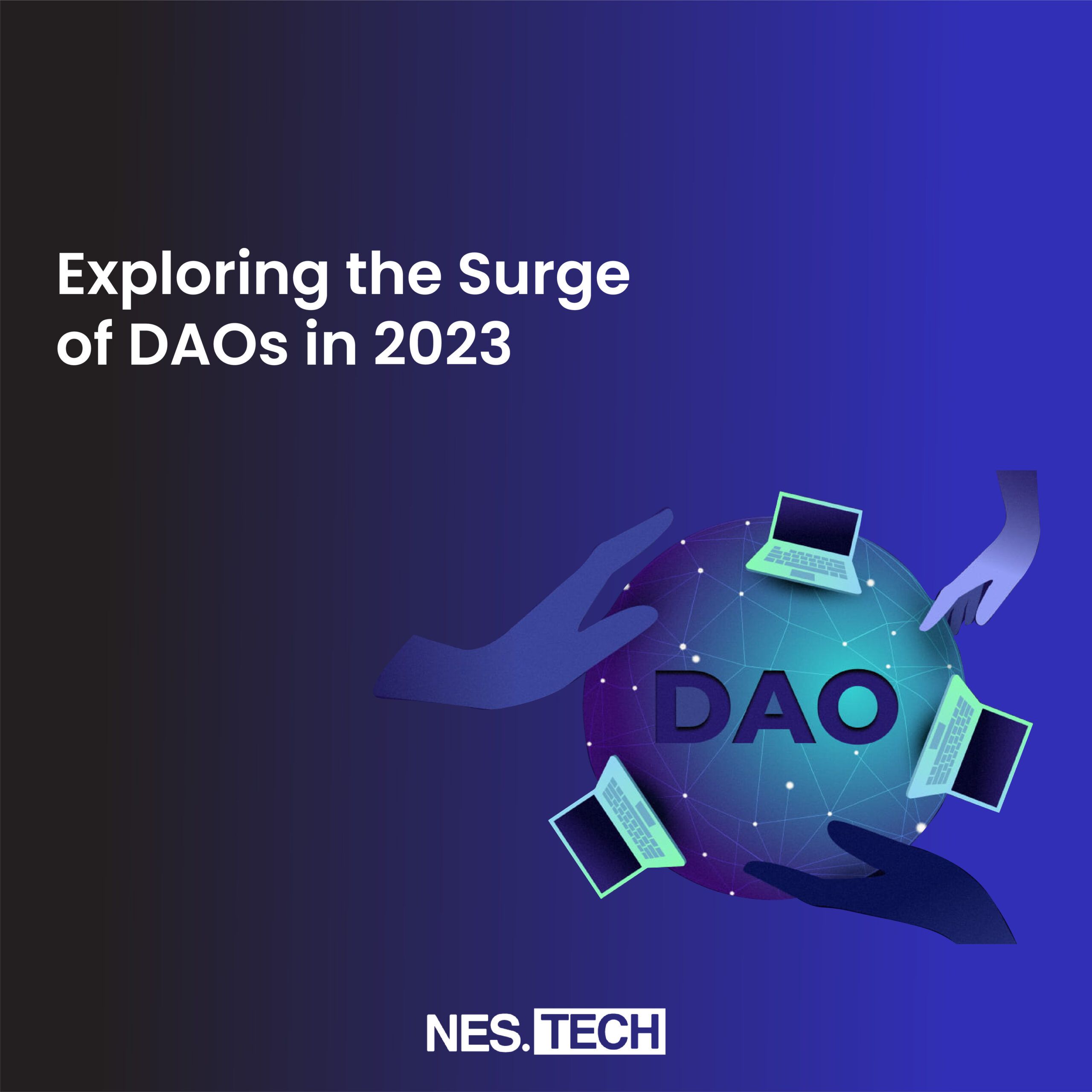
As we navigate the dynamic landscape of blockchain and decentralized technologies in 2023, one phenomenon stands out prominently — the surge of Decentralized Autonomous Organizations (DAOs). This transformative trend represents a new era of collaborative governance, redefining how communities and organizations make decisions.
In this comprehensive exploration, we’ll delve into the surge of DAOs in 2023, examining the key drivers behind their rise, notable use cases, and the potential implications for the future of decentralized decision-making.
Understanding Decentralized Autonomous Organizations (DAOs):
What are DAOs?
Decentralized Autonomous Organizations, or DAOs, are entities governed by smart contracts and run on blockchain technology. These organizations operate with rules encoded in smart contracts, enabling decentralized decision-making through community consensus. Participants in a DAO hold voting power proportional to their token holdings, allowing them to influence decisions on proposals related to the organization’s operations.
The Evolution of DAOs:
DAOs are not a new concept, but their resurgence in 2023 marks a significant evolution in their design, functionality, and adoption. The earliest DAOs faced challenges, notably the infamous “The DAO” incident in 2016. However, advancements in blockchain technology, improved smart contract security, and a growing interest in decentralized governance have paved the way for the resurgence of DAOs.
Key Drivers Behind the Surge of DAOs in 2023:
1. Improved Smart Contract Security:
One of the key drivers behind the surge of DAOs in 2023 is the significant improvement in smart contract security. Lessons learned from past vulnerabilities, such as the 2016 “The DAO” hack, have led to the implementation of more robust security measures. This increased confidence in the reliability of smart contracts has fueled the resurgence of DAOs.
2. Widespread Blockchain Adoption:
The widespread adoption of blockchain technology has played a crucial role in the surge of DAOs. As blockchain ecosystems mature, the infrastructure supporting DAOs becomes more accessible and user-friendly, attracting a broader range of participants to engage in decentralized governance.
3. Growing Interest in Decentralized Governance:
A notable shift in mindset towards decentralized governance has emerged in 2023. Individuals and organizations are increasingly recognizing the benefits of inclusive decision-making processes facilitated by DAOs. This growing interest has led to a diverse range of industries exploring the integration of DAOs into their structures.
4. Tokenization and Incentive Mechanisms:
The use of tokens as voting power within DAOs, coupled with innovative incentive mechanisms, has incentivized participation. Token holders not only have a stake in decision-making but also stand to benefit from the success of the DAO, creating a symbiotic relationship between the organization and its community.
Notable Use Cases of DAOs in 2023:
1. Decentralized Finance (DeFi) Governance:
DAOs have found extensive use in the governance of decentralized finance (DeFi) protocols. Token holders participate in voting on proposals related to protocol upgrades, parameter adjustments, and the allocation of funds. This decentralized approach enhances transparency and inclusivity in the management of financial protocols.
2. NFT Platforms and Communities:
Non-Fungible Token (NFT) platforms and communities have embraced DAOs as a means of collective decision-making. DAOs allow NFT holders to vote on issues like platform upgrades, artist collaborations, and revenue distribution. This collaborative governance model empowers the community to shape the direction of NFT ecosystems.
3. Decentralized Content Platforms:
DAOs have been integrated into decentralized content platforms, enabling content creators and consumers to participate in decision-making. From content curation to platform improvements, DAOs provide a mechanism for users to influence the direction of content platforms, fostering a more democratic content ecosystem.
4. Community-Driven Development:
Software development projects have adopted DAOs as a way to involve the community in decision-making processes. DAOs allow developers, users, and stakeholders to collectively decide on project features, priorities, and funding allocations, fostering a sense of community-driven development.
The Implications for the Future:
1. Democratization of Decision-Making:
The surge of DAOs heralds a new era of democratized decision-making. By providing a platform for individuals to have a direct say in organizational matters, DAOs contribute to a more inclusive and democratic governance model.
2. Enhanced Transparency and Accountability:
DAOs promote transparency and accountability in organizational processes. Through on-chain governance and publicly accessible proposals, participants can track decisions and contributions, fostering a culture of openness within decentralized entities.
3. Economic Incentives and Tokenomics:
The integration of economic incentives and tokenomics within DAOs introduces a novel paradigm for incentivizing active participation. Token holders contribute to decision-making and benefit from the DAO’s success, creating a self-sustaining ecosystem.
4. Challenges and Regulatory Considerations:
As DAOs become more prevalent, challenges and regulatory considerations emerge. Issues related to legal frameworks, liability, and dispute resolution must be addressed to ensure the long-term viability and legitimacy of DAOs.
Example: The DAO Revolutionizing NFT Communities
To illustrate the transformative power of DAOs, let’s explore a hypothetical scenario in the NFT space. A decentralized NFT platform introduces a DAO to govern platform decisions, including artwork collaborations, revenue distribution, and platform upgrades.
NFT holders, each possessing governance tokens, actively vote on proposals. In a ground breaking decision, the NFT DAO voted to allocate a percentage of platform revenue to a community fund to support emerging artists within the ecosystem. This decision not only empowers the community but also aligns the platform’s success with the collective goals of its users.
Conclusion:
The surge of DAOs in 2023 signifies a pivotal moment in the evolution of decentralized governance. With improved smart contract security, widespread blockchain adoption, and a growing interest in decentralized decision-making, DAOs have become a cornerstone of collaborative governance.
As DAOs continue to shape industries, from decentralized finance to NFT platforms, the implications for the future are vast. Democratizing decision-making, enhancing transparency, and introducing novel economic incentives, DAOs are poised to redefine how organizations operate in the decentralized era. However, challenges and regulatory considerations must be navigated to ensure this transformative governance model’s sustained growth and legitimacy.

